Autopilot is a brilliant outcome of millions of years of evolution. Your subconscious brain is exquisitely designed to protect the body and to do so using the least amount of energy. Autopilot is so good at this that most of the time you don’t even notice it. You can literally go through many of your daily functions (bathing, eating, dialling into a Zoom meeting, checking your phone, etc.) barely aware as you do them. Brilliant and efficient!
And yet, when I'm working with individuals, Autopilot is often their bane. They have good intentions leaving a coaching session to create a new and more productive habit (or to get rid of an old one that doesn't serve them well). But it is so hard. That's because Autopilot is so good. The moment you take your (conscious) eye off the road and get lost in thought (or habit), Autopilot seamlessly and effortlessly takes over and you forget what you were even striving toward.
So how do you overcome Autopilot? The answer is self-mastery.
And how do you develop self-mastery you ask? Well, that takes work. Self-mastery is the antithesis of the quick fix. Self-mastery is the result of repeatedly wiring in the new habits. But once you do the work and create the new habit, you then have access to Autopilot to seamlessly takes over again, but this time it is running the new habit that you have installed.
Here are three tips to help you develop the self-mastery you need in your life:
Develop Greater Awareness ‘Muscle’. Meditation and mindfulness practices are the ‘gym’ where we hone the muscles we need for self-mastery. These ancient wisdom practices are backed by modern science as proven ways to become stronger in three important mental domains: i) being clearer-minded and more intentional, ii) honing and holding your focus and iii) increasing your conscious awareness of your inner and outer worlds. Without these three skills, you are largely on Autopilot.
Use Your Willpower Wisely and Intentionally. Having built up some mental muscle and skill (above), we want to use our willpower wisely to intentionally install good habits that run on Autopilot. We are using our willpower to play offence, rather than defence, by intentionally wiring in the healthy habits we desire. This is the part that takes some work and is predictably hardest in the beginning (but it gets easier with every repetition).
For example, rather than wrestle all day with when you will fit in a meditation practice, pause when you have some time for clear thinking, use your big pre-frontal cortex to consciously review where it makes most sense to add this in (don’t just react). Then intentionally use your willpower to decide in advance when you will do it. The next step is the self-mastery in action - you need to do it at that time no matter how we feel in that future moment. Stick to your decision! Make a clear conscious decision, then fully commit to take action. As you do so, you are building self-mastery and confidence in our ability to repeat the new behaviour. You are also wiring it into Autpilot.
What’s Most Important Now? This is how Navy SEALs develop the self-mastery and resilience they need to cope with change in the moment. SEALs know that nothing goes exactly to plan. So, their training hones their self-mastery related to acceptance and their ability to pivot in the moment. Rather than succumb to their Autopilot’s reactivity to a change in plans (our most primal reactions are fight, flight or freeze), SEALs stay conscious and aware in the moment, regularly asking themselves “what’s most important now?”. Even when things are dynamic and changing, once they are clear on what’s most important now, they quickly let go of wanting things to be other than they actually are (i.e. how the plan was supposed to go) and focus all of their energy on the next right thing to do.
Developing self-mastery flies in the face of our world of abundance, bottomless feeds, instant gratification and quick fixes. It is about saying “No!” to many of the choices we have and to the many desires or whims our minds come up with. It’s about restraint - which is hard. But the Stoics would argue that without self-mastery, we will never experience true peace of mind and happiness.
How about you? Where could you benefit from more self-mastery? What would that give you in that domain of your life? What if the habits and skills of self-mastery were transferrable to other areas of your life? How might that give you more growth, peace of mind and happiness?
Pro tip: teach this idea to someone this week. My personal self-mastery has gone up this week simply by thinking about and striving to share these ideas with you.
If you are interested in learning more about training or coaching for you or your team towards developing greater self-mastery, focus and resilience, please connect with me at scott@mindfulwisdom.ca. Or check out this 2-minute survey to see how you are doing?

